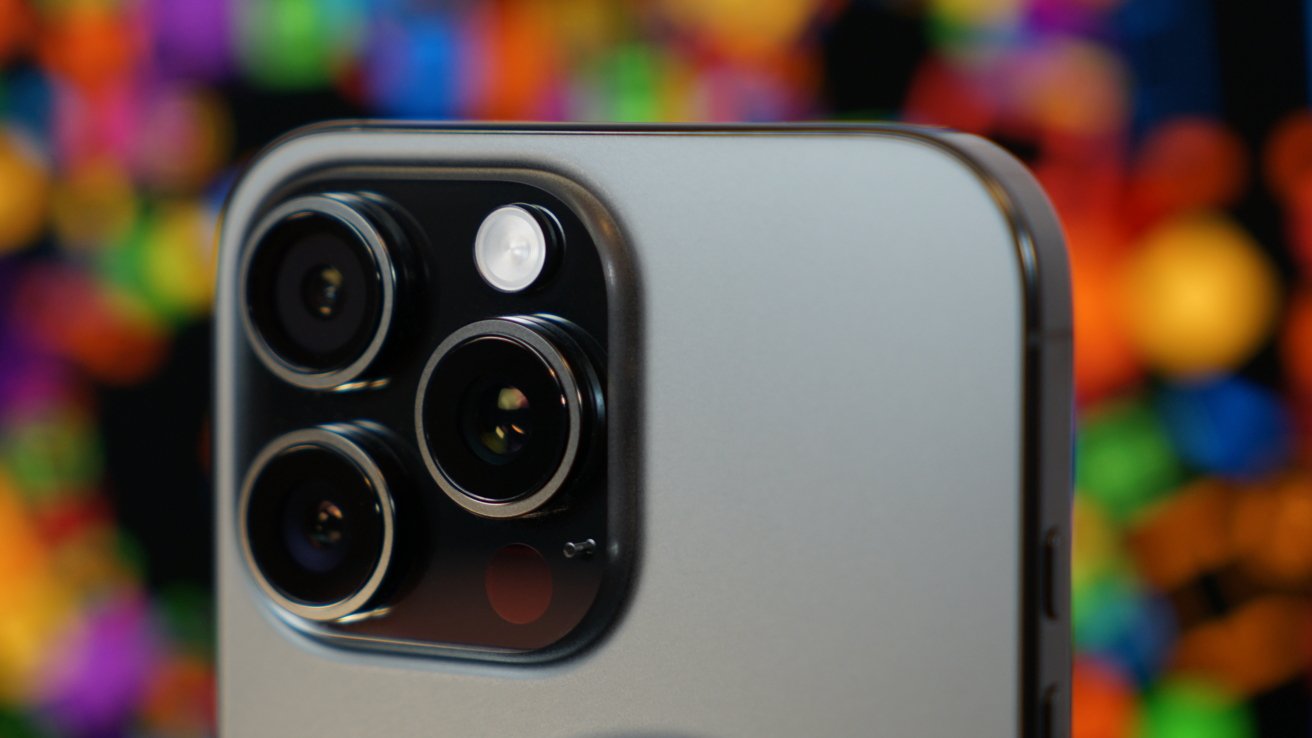A bill proposed in Florida may bring DMA-like provisions to the United States, forcing Apple to allow alternative app stores, third-party payments, and side loading on iPhones.
Apple has been wrestling for control over its platforms for years as regulators around the globe seek to open up the walled garden. The biggest effort to date, the EU Digital Markets Act, has inspired action in the United States before, but the latest bill may go full force.
Even though the United States government has stated it won’t tolerate foreign entities regulating and fining Apple, that hasn’t stopped it from pursuing similar legislation. According to a report from The Verge, Florida Representative Cammack has introduced the App Store Freedom Act to combat companies like Apple and Google.
While these companies aren’t named directly, the bill targets any company with app stores that have more than 100,000,000 users. It states that the platform owners must allow third-party app stores, external payment methods, and access to all the same technologies available to developers on Apple’s platform.
It also has strict language around Apple not being able to maliciously comply via difficult-to-follow rules or high fees. Basically, it would open the door to using iPhone as the world’s biggest and most lucrative distribution system with little to no cost to developers while Apple foots the bill for the underlying technology.
“At its core, this bill seeks to promote a competitive marketplace for consumers and developers,” Representative Cammack said in a press release, “ensuring U.S. mobile users can choose the applications, payment methods and platforms that are best for them without unduly forcing developers to comply or the pay the price— both literally and figuratively— for straying from the dominant marketplaces’ preferences.”
While what the bill asks requires a significant overhaul of Apple’s business model, the legislators are aware that Apple has already built a similar system in the EU. If the bill passes, the timeframes around execution and enforcement could be quite abbreviated.
In the EU under the DMA, developers can opt to leave the App Store model and distribute their apps via an alternative App Store or website. Apple still collects a commission, but only after 1 million app downloads, and there is an escape hatch if a developer fears they can’t afford to pay it.
Apple’s compliance with the DMA has come under question repeatedly and has resulted in fines. With ongoing regulatory issues in the Epic Games case, Apple will likely not curry much favor in the US courts either.
By trying to maintain absolute control over its platform every step of the way, it seems Apple may lose more than it bargained for. How it responds to the new US regulations, if passed, could decide what the future of the company’s business model and relationship with developers looks like.





